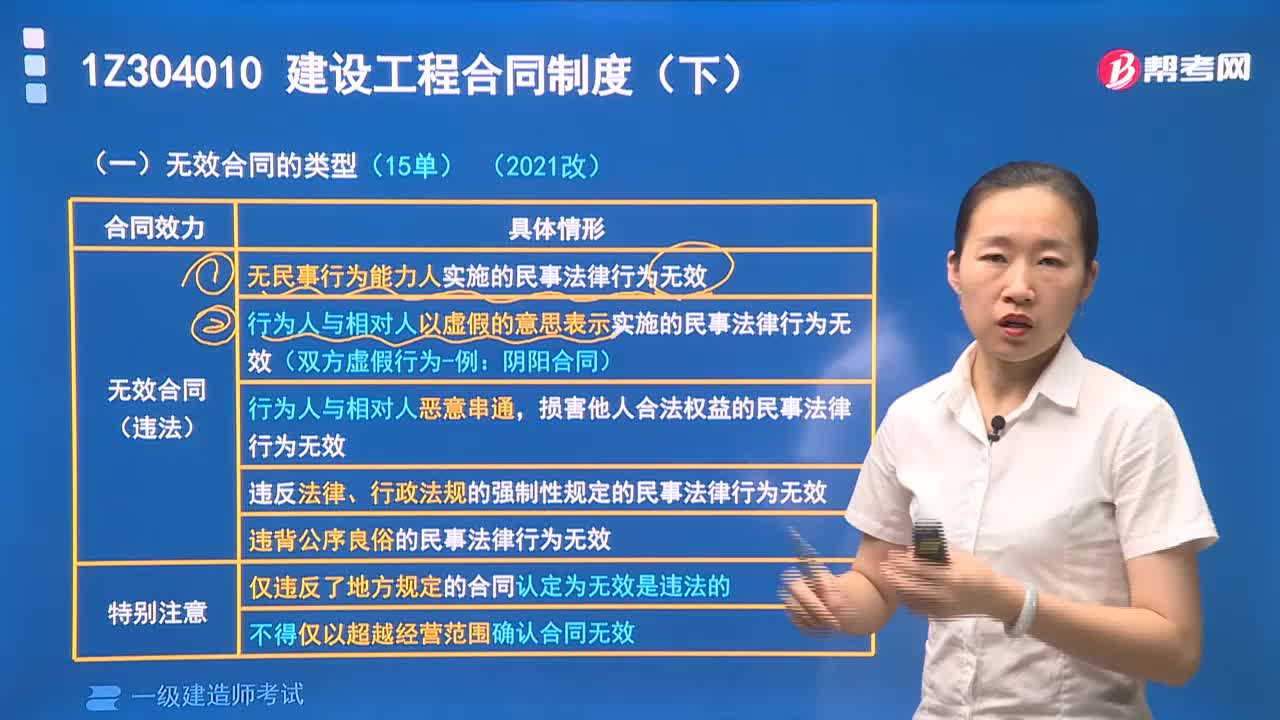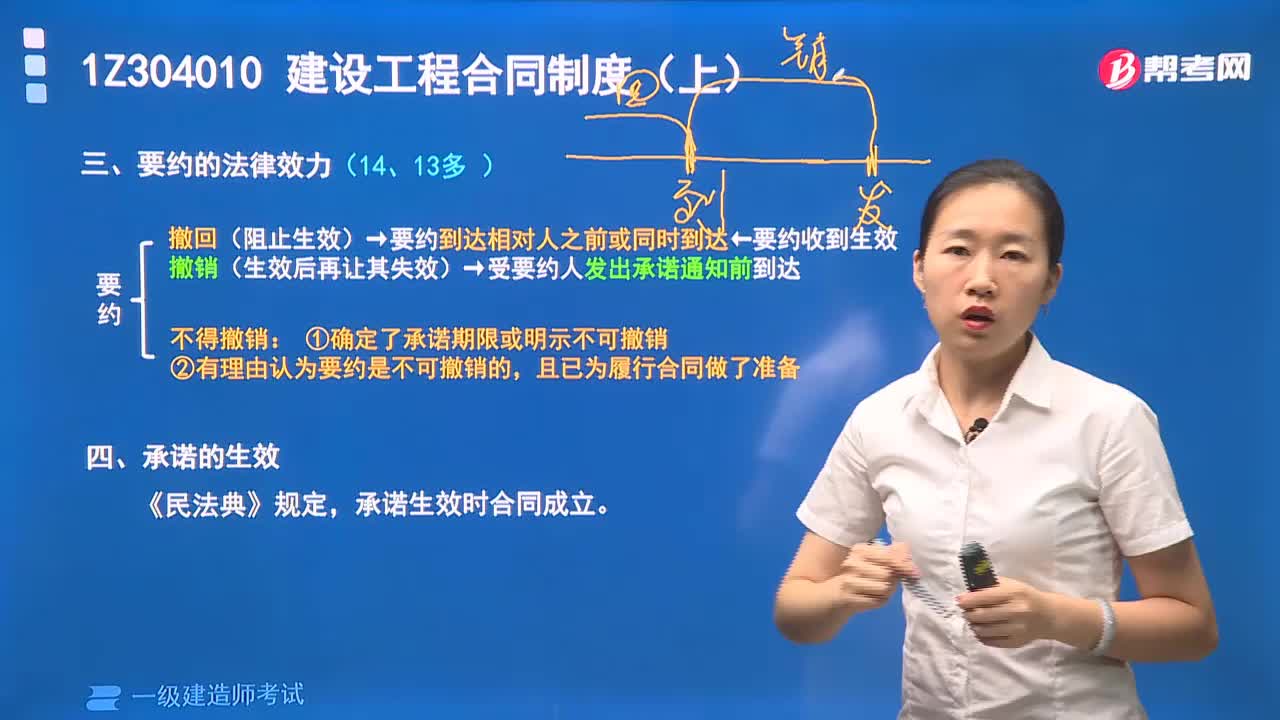

Our Future: A Battle between Dreams and Reality
Good afternoon, ladies and gentlemen:
When I was in the primary school, I have a dream. I want to invent a device which could bring you from one place to another in no time at all. When I was in the secondary school, my dream was to study in my ideal university. And when eventually I got into the university, my dream was to graduate.
How pathetic! When we grow up, we dream less and become more realistic. Why? Why do we have to change our dreams, so, so in order to let it be "fulfilled"? Why do we have to surrender to the so-called "reality"? What IS the reality actually?
Ladies and gentlemen, the reality is not real. It is a barrier keeping us from all the possible fantasies. Flying, for example, had been a dream to mankind for thousands of years. A hundred years ago, "man could not fly" was still regarded as the "reality". Now if that was really the reality, what did the Wright brothers do? How did some of you get to Macau? Only when we believe that the reality is not real can we soar with our dreams.
People say that our future is a battle between the reality and our dreams. And if, unfortunately, Mr. Reality wins this war, then I see no future of mankind at all. AIDS will never be curable as this IS the reality; People living in the undeveloped countries will suffer from starvation forever as this IS the reality; 4) Disputes among different countries would never be settled as this misunderstandings and intolerance IS the reality.
Ladies and gentlemen, how many of you have a dream of being able to make a lot of money? Please raise your hands. Oh, quite a number of you! Actually, ladies and gentlemen, this is not a dream, but a task. Every one of us has to make a living, right? Anyway I hope your task will be accomplished. How many of you think that you have already fulfilled your dream and that you don''t dream anymore? Dear 5) adjudicators, what do you think? C.S. Lewis once said, "You are never too old to dream a new dream." So for our future, please dream and be unrealistic.
Now that I am a university student, my goal is to graduate with excellences. But at the same time, I have a dream deeply rooted in our future. One day, people living in the areas now 6) sweltering with the horror of wars will be able to sit with their families and enjoy their every moment. One day, people from the rich countries are willing to share what they have with those from the poor countries and those from the poor countries will eventually be able to make their own happy living themselves. One day, different cultures in this age of globalization will coexist with tolerance and the unfriendly confrontations among them will be 7) eliminated. One day, the globe will share the dream with me and we will all contribute to making our dream come true. One day, our dream will defeat the reality! Thank you very much.
第十届“21世纪·外教社杯”全国英语演讲比赛冠军-南京大学夏鹏演讲稿
From Walls to Bridges
I''m studying in a city famous for its walls. All visitors to my city are amazed by the imposing sight of the city walls, silhouetted by the setting sun with gold and shining lines. With old, cracked bricks patched with lichen, the walls are weather-beaten guards, standing still for centuries in protecting the city.
Our ancestors liked to build walls. They built walls in Beijing, Xi''an, Nanjing and many other cities, and they built the Great Wall, which snakes through half of our country. They built walls to ward off enemies and evil spirits. This tradition has been maintained to this day as we still have many parks and schools walled off from the public. I grew up at the foot of the city walls, and I''ve loved them since my childhood. For a long time, walls were one of the most natural things in the world.
My perception, however, changed after a hiking trip to the Eastern Suburbs, a scenic area of my city. My classmates and I were walking with some international students. As we walked out of the city, we found ourselves flanked by taller and taller trees, which formed a huge canopy above our heads. Suddenly an international student asked me, "Where is the entrance to the Eastern Suburbs?"
"We''re already in the Eastern Suburbs," I replied.
He seemed taken aback, "I thought you Chinese have walls for everything." His remark set off a heated debate. At one point, he likened our walled cities to "jails," while I insisted that the Eastern Suburbs were one of the many places in China that had no walls.
That debate had no winners, but I did learn a lot from this international student. For instance, he told me that universities like Oxford and Cambridge were not surrounded by walls; the campuses were just part of the cities. I have to admit that we do have many walls in China, and as we are developing our country, we must carefully examine them, whether they are physical or intangible. We will keep some walls but tear down those that impede China''s development.
Let me give you an example. A year ago, when I was working on a term paper, I needed a book on business law and found a copy in the law school library. However, the librarian turned down my request with a cold shoulder, saying, "You can''t borrow this book, you are not a student here." In the end, I had to spend 200 Yuan buying a copy; meanwhile, the copy in law school was gathering dust on the shelf.
At the beginning of this semester, I heard that my university has started not only to unify its libraries but also link them up with libraries of other universities, so my experience will not be repeated. Barriers will be replaced by bridges. Through an inter-library loan system, we will have access to books from any library. With globalization, with China integrated into the world, I believe many of these intangible walls will be knocked down.
I know globalization is a controversial issue, and it is hard to say whether it is good or bad. But one thing is for sure: it draws our attention to China''s tangible and intangible walls and forces us to examine their roles in the modern world.
And how about the ancient walls in my city and other cities? Should we tear them down? Just the opposite. My city, like Beijing and other cities, is actually making a great effort to preserve the walls. These walls attract not only historians and archeologists but also many schoolchildren trying to study our history and cultural heritage. Walls have turned into bridges to our past and to the rest of the world. If the ancient builders of these walls were still alive today, they would be proud to see such great change in the role of their walls. They are now bridges that link East and West, South and North, and all countries of the world. Our cultural heritage will survive globalization.
第九届“21世纪·外教社杯”全国英语演讲比赛冠军-南京大学洪晔演讲稿
The Doors that are Open to Us
Good morning ladies and gentlemen:
The title of my speech today is "The Doors that Are Open to Us ".
The other day my aunt paid me a visit. She was overjoyed. "I got the highest mark in the mid-term examination!" she said. Don''t be surprised! My aunt is indeed a student; to be exact, a college student at the age of 45.
Last year, she put aside her private business and signed up for a one-year, full-time management course in a college. "This was the wisest decision I have ever made," she said proudly like a teenage girl. To her, college is always a right place to pick up new ideas, and new ideas always make her feel young.
"Compared with the late 70s," she says, "now college students have many doors." My aunt cannot help but recall her first college experience in 1978 when college doors began to be re-opened after the Cultural Revolution. She was assigned to study engineering despite her desire to study Chinese literature, and a few years later, the government sent her to work in a TV factory.
I was shocked when she first told me how she (had) had no choice in her major and job. Look at us today! So many doors are open to us! I believe there have never been such abundant opportunities for self-development as we have today. And my aunt told me that we should reach our goals by grasping all these opportunities.
The first door I see is the opportunity to study different kinds of subjects that interest us. My aunt said she was happy to study management, but she was also happy that she could attend lectures on ancient Chinese poetry and on Shakespearean drama. As for myself, I am English major, but I may also go to lectures on history. To me, if college education in the past emphasized specialization, now, it emphasizes free and well-rounded development of each individual. So all the fine achievements of human civilization are open to us.
The second door is the door to the outside world. Learning goes beyond classrooms and national boundaries. My aunt remembers her previous college days as monotonous and even calls her generation "frogs in a well." But today, as the world becomes a global village, it is important that our neighbors and we be open-minded to learn with and from each other. I have many fellow international classmates, and I am applying to an exchange program with a university abroad. As for my aunt, she is planning to get an MBA degree in the United Kingdom where her daughter, my cousin, is now doing her master''s degree in biochemistry. We are now taking the opportunity to study overseas, and when we come back, we''ll put to use what we have learnt abroad.
The third door is the door to lifelong learning. As new ideas appear all the time, we always need to acquire new knowledge, regardless of our age. Naturally, my aunt herself is the best example. Many of my aunt''s contemporaries say that she is amazingly up-to-date for a middle-aged woman. She simply responds, "Age doesn''t matter. What matters is your attitude. You may think it''s strange that I am still going to college, but I don''t think I''m too old to learn." Yes, she is right. Since the government removed the age limit for college admissions in 2001, there are already some untraditional students, sitting with us in the same classrooms. Like these people, my aunt is old but she is very young in spirit. With her incredible energy and determination, she embodies both tradition and modernity.
The doors open to us also pose challenges. For instance, we are faced with the challenge of a balanced learning, the challenge of preserving our fine tradition while learning from the West, and the challenge of learning continuously while carrying heavy responsibilities to our work and family. So, each door is a test of our courage, ability and judgment, but with the support of my teachers, parents, friends and my aunt, I believe I can meet the challenge head on. When I reach my aunt''s age, I can be proud to say that I have walked through dozens of doors and will, in the remainder of my life, walk through many more. Possibly I will go back to college, too.
Thank you very much, ladies and gentlemen.
第八届“21世纪·爱立信杯”全国英语演讲比赛冠军-上海外国语大学顾秋蓓演讲稿
A Scene to Remember
Good afternoon, ladies and gentlemen. Today I would like to begin with a story.
There was once a physical 1) therapist(临床医学家) who traveled all the way from America to Africa to do a 2) census(调查) about mountain 3) gorillas(大猩猩). These gorillas are a main attraction to tourists from all over the world; this put them severely under threat of 4) poaching(偷猎) and being put into the zoo. She went there out of curiosity, but what she saw strengthened her determination to devote her whole life to fighting for those beautiful creatures. She witnessed a scene, a scene taking us to a place we never imaged we''ve ever been, where in the very depth of the African rainforest, surrounded by trees, flowers and butterflies, the mother gorillas 5) cuddled(拥抱) their babies。
Yes, that''s a memorable scene in one of my favorite movies, called Gorillas in the Mist, based on a true story of Mrs. Dian Fossey, who spent most of bet lifetime in Rwanda to protect the ecoenvironment there until the very end of her life.
To me, the movie not only presents an unforgettable scene but also acts as a 6) timeless(永恒的) reminder that we should not develop the tourist industry at the cost of our ecoenvironment.
Today, we live in a world of prosperity but still threatened by so many new problems. On the one hand, tourism, as one of the most promising industries in the 21st century, provides people with the great opportunity to see everything there is to see and to go any place there is to go. It has become a lifestyle for some people, and has turned out to be the driving force in GDP growth. It has the magic to turn a backward town into a wonderland of prosperity. But on the other hand, many problems can occur---natural scenes aren''t natural anymore. Deforestation to heat lodges is devastating Nepal. Oil spills from tourist boats are polluting Antarctica. Tribal people are forsaking their native music and dress to listen to U2 on Walkman and wear Nike and Reeboks.
All these 7) appalling(令人震惊的) facts have brought us to the realization that we can no longer stand by and do nothing, because the very thought of it has been 8) eroding(侵蚀) our resources. Encouragingly, the explosive growth of global travel has put tourism again in the spotlight, which is why the United Nations has made 2002 the year of ecotourism, for the first time to bring to the world''s attention the benefits of tourism, but also its capacity to destroy our ecoenvironment.
Now every year, many local ecoenvironmental protection organizations an: receiving donations--big notes, small notes or even coins--from housewives, 9) plumbers(水管工人), ambulance drivers, salesmen, teachers, children and 10) invalids(残疾人), Some of them can not afford to send the money but they do. These are the ones who drive the cabs, who nurse in hospitals, who are suffering from ecological damage in their neighborhood. Why? Because they care. Because they still want their Mother Nature back. Because they know it still belongs to them.
This kind of feeling that I have, ladies and gentlemen, is when it feels like it, smells like it, and looks like it, it''s all coming from a scene to remember, a scene to recall and to cherish.
The other night, as l saw the moon linger over the land and before it was sent into the invisible, my mind was filled with songs. I found myself humming softly, not to the music, but to some- thing else, someplace else. a place remembered, a place untouched, a field of grass where no one seem to have been except the deer.
And all those unforgettable scenes strengthened the feeling that it''s lime for us to do something, for our own and our coming generation.
Once again, I have come to think of Mrs. Dian Fossey be- cause it''s with her spirit, passion, courage and strong sense of our ecoenvironment that we are taking our next step into the world.
And no matter who we are, what we do and where we go, in our mind, there''s always a scene to remember, a scene worth our effort to protect it and fight for it.
Thank you very much.
资料来源
声明:本文内容由互联网用户自发贡献自行上传,本网站不拥有所有权,未作人工编辑处理,也不承担相关法律责任。如果您发现有涉嫌版权的内容,欢迎发送邮件至:service@bkw.cn 进行举报,并提供相关证据,工作人员会在5个工作日内联系你,一经查实,本站将立刻删除涉嫌侵权内容。
 79
79为什么商务英语考试中有的考生不允许入场?:为什么商务英语考试中有的考生不允许入场?考点将拒绝考生入场,并不予改期考试或退还考费:1. 抵达考点与网上报名所选考点不一致;2. 未携带准考证或规定的有效身份证件;3. 所携身份证件的有效性未通过核验;4. 身份证件类型和号码与所持准考证显示信息不符;5. 身份证件相片与本人明显不符;6. 未按准考证规定时间到达考场;7. 不服从监考人员的管理,扰乱考场秩序。
812播放2020-06-08 21
21需要具备怎样的基础才能备考商务英语BEC中级?:商务英语中级需要有大学英语四级到六级的水平。
644播放2020-06-08 30
30学习商务英语BEC初级需要具备怎样的基础?:学习商务英语BEC初级需要具备怎样的基础?根据BEC考试大纲的要求,学习BEC初级需要有公共英语四级的水平。
694播放2020-06-08
求一篇英语口语比赛用的演讲稿
baorenjin·2019-12-12广州航海高等专科学校怎么样?宿舍条件呢?可以专升本吗?急,跪求帮助
baipuyuan·2019-12-12想专升本,自考和成人考哪个好有什么要求详细如下。
cechique·2019-12-12英语口语比赛演讲稿
changwofang·2019-12-06我是一名初三学生,求一篇英语口语比赛的演讲稿
aladuan·2019-10-21我是跨专业专升本的考生,想考会计,请问青岛大学和青岛农业大学哪个好考跪求
buleiguo·2019-10-15200多分能上什么专科的口腔医学?麻烦各位了,我想知道学校的名,我是黑龙江理科考生
canghaorao·2019-10-15求一篇英语口语比赛用的演讲稿
baonianyue·2019-10-12高中生英语演讲比赛演讲稿去哪找?拜托
chaishenti·2019-09-04英语口语比赛演讲稿
baixiongweng·2018-08-20
专八能补考吗
biangenran·2021-03-24英语专八考试成绩在哪能查到?
chaniuduan·2021-03-24英语专四只能本科考吗 ?
canyunjiong·2021-03-24专八只能大四考一次么?
chaniuduan·2021-03-24考研英语和专业八级考试谁难?
cengpisun·2021-03-25考生专四没过可以考专八吗
前缘旧梦·2021-03-25专四准考证名字打错了怎么办?
孤台歌·2021-03-25GRE和专八哪个更难?
cebimiu·2021-03-25专业英语四级阅读理解测试要求是什么
cangzonghua·2021-03-25英语专四有没有分AB卷?
biegunxue·2021-03-25
2022年英语专八改错模拟题备考 (11)
帮考网校·2022-01-212022年英语专八改错模拟题备考 (12)
帮考网校·2022-01-212022年英语专八改错模拟题备考 (13)
帮考网校·2022-01-212022年英语专八改错模拟题备考 (14)
帮考网校·2022-01-212022年英语专八改错模拟题备考 (15)
帮考网校·2022-01-212022年英语专八人文知识精讲精练 (1)
帮考网校·2022-01-212022年英语专八人文知识精讲精练 (2)
帮考网校·2022-01-212022年英语专八人文知识精讲精练 (3)
帮考网校·2022-01-212022年英语专八人文知识精讲精练 (4)
帮考网校·2022-01-212022年英语专八人文知识精讲精练 (5)
帮考网校·2022-01-21
专四两次都没过,专八一次没过。三次都是55分。真的是有毒了。我明年还有一次机会,要是再不过专八,是不是只有换行业了啊?
cancaozhuai·2019-12-28大学期间没有拿任何一个英语证书,现在后悔,除了英专的专四专八外,还有哪些比较有用的英语证书?
cankunrou·2019-12-27上次的专四没有考过,二战准备中,但是也准备考研,我英语专业没有过专四对考研有没有影响?
最初呢后来呢·2019-12-27在校读了一年的英语专业,接下来要全力备战专四,如何正确的备战专四?
cedeijuan·2019-12-27本人通过了英语8级考试,刚进入一家外企做翻译工作,听说CATTI和以后的职称挂钩,所以很心动想去报考,专八我都过了,CATTI我没问题吧?
你长得现场·2019-12-27本人是英语学渣本渣!但是专四对我来说很是重要,本学渣如何逆袭英语专四的听力啊?
aiduoling·2019-12-27我距离专四考试还有9个多月的时间,想尽早突破专四听力,赶早不赶晚,但英语听力确实不是一件看好突破的东西,想请教各位,怎样在这剩下九个月里突破英语专四的听力啊?
changshuasui·2019-12-27我现在大一啊,考研和专四我有点犹豫!想知道英语专业考研的难度与专四相比怎么样呢?
bingwangxiu·2019-12-27大学里面英专生在专四专八都没过的情况下,还能考哪些证书补救一下自己?
cenmiunun·2019-12-27我哥是英专生,准备考研,英语专业考研所需的词汇量大概多少?包括哪几方面的词汇?专四?专八?还是什么?
canvezang·2019-12-27
 00:29无效合同的特征有哪些?
00:29无效合同的特征有哪些?2022-04-15
 01:13无效施工合同是否结算工程款的情形有哪些?
01:13无效施工合同是否结算工程款的情形有哪些?2022-04-15
 01:54相关合同的特征有哪些?
01:54相关合同的特征有哪些?2022-04-15
 04:19无效合同的类型有哪几类?
04:19无效合同的类型有哪几类?2022-04-15
 05:10要约的法律效力是什么?
05:10要约的法律效力是什么?2022-04-15

微信扫码关注公众号
获取更多考试热门资料














